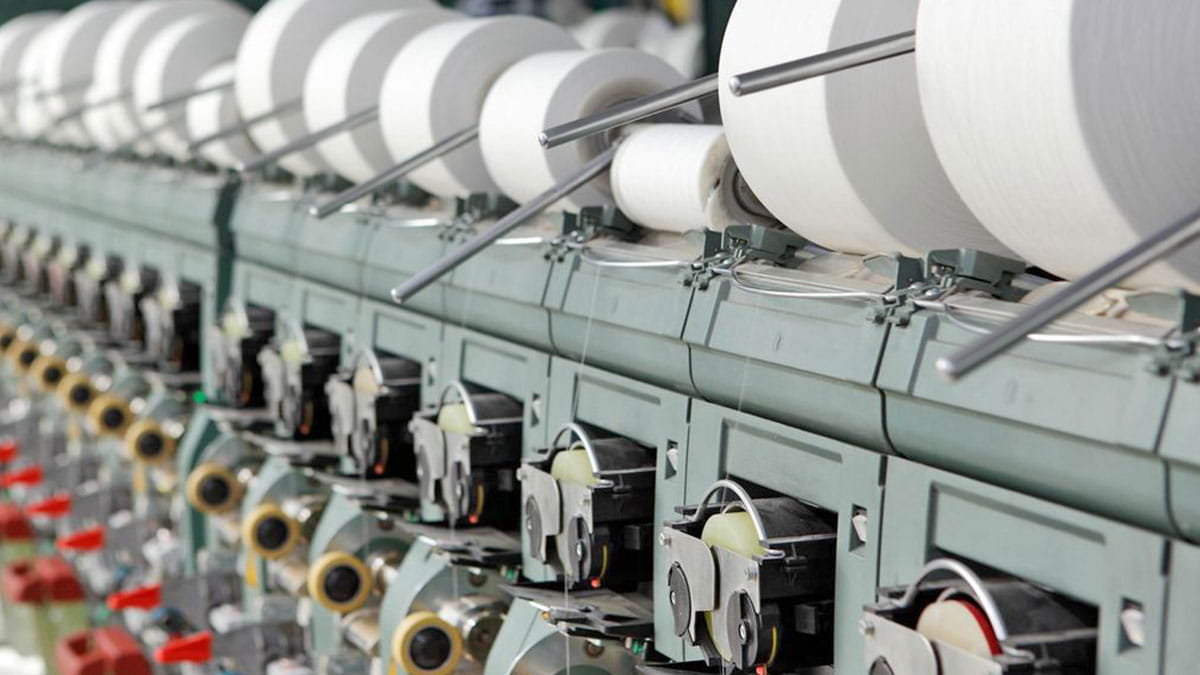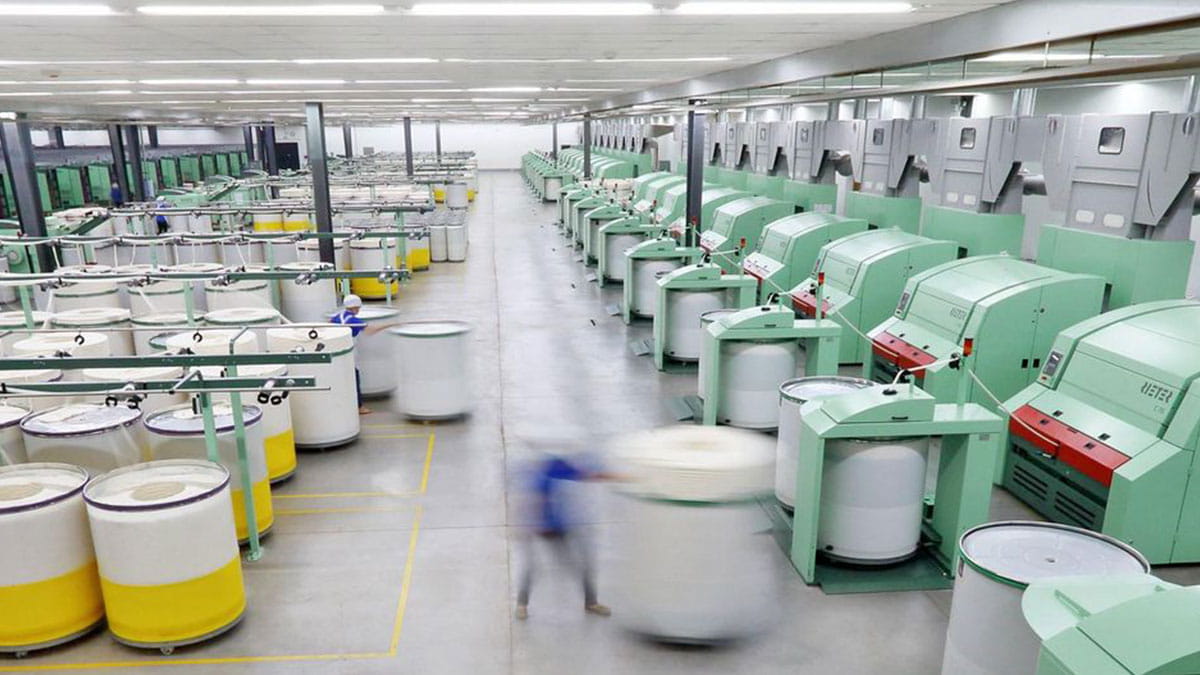Rieter expect low business demands due to COVİD-19. Rieter AG, the manufacturer of spinning technologies and solutions, announced the impact of the COVID-19 pandemic on the work for the first half of 2020. The company has received very low demand in all business groups since the end of March due to the pandemic, and started to implement a comprehensive crisis management. Awaiting a loss in the mid double-digit million range expected in the first half of 2020, Rieter plans to introduce short-time working to adjust capacity in Switzerland and Germany.
Rieter points out that a large number of spinning mills have stopped production worldwide due to COVID-19. Since the end of March 2020, this has led to low demand for spare parts and wear & tear parts and delays in testing programs during the development of new machines. Customers are postponing investment projects or unable to implement them due to restrictions imposed by national governments. This results in low demand for new machines.
Comprehensive crisis management at Rieter
Rieter has implemented comprehensive crisis management in order to fight the market conditions created by the COVİD-19 pandemic. Priorities are being given to protecting employees, fulfilling customer commitments and ensuring liquidity. The necessary measures to protect employees have been implemented worldwide.
The order backlog of well in excess of CHF 500 million is being processed largely according to plan, despite the existing bottlenecks in the supply chains. Rieter announced that less than 5% of the orders in the order backlog have been canceled.
Rieter has already implemented measures to ensure liquidity and reduce costs. The company has good net liquidity and undrawn credit lines in the mid three-digit million range.
Sales will be below 300 million CHF in the first half of 2020
As already reported, Rieter expects sales and earnings in the first half of 2020 to be significantly below the prior year level. The effects of COVID-19 will place an additional burden on the first half of 2020. Rieter therefore expects sales in the first half of 2020 to be less than CHF 300 million. Despite the countermeasures implemented at the net profit level, this will lead to a loss in the mid double-digit million range.

Capacity is reorganized due to decreased demand
Rieter plans to apply for short-time working for the areas; with forecasted low capacity utilization at the locations in Switzerland and Germany. The application will be for 40% short-time working in the third quarter of 2020. Talks with staff representatives will begin next week. Areas that are responsible for processing the order backlog are excluded from short-time working. This also applies to the assembly of machines in Winterthur, the relocation of which is being implemented as planned.
Similar measures to reduce working hours are planned worldwide where necessary, within the scope of the available legislative options. As a sign of solidarity, Rieter’s Board of Directors, Group Executive Committee and the senior management will waive 10%-20% of their salaries temporarily.
Rieter is therefore entering the second half of 2020 with a significantly improved cost; base within the framework of measures taken.
Innovation based strategy will continue
In recent years, Rieter has consistently implemented the strategy based on innovation leadership, strengthening the business in components, spare parts and services and the adjustment of cost structures. The company intends to forge ahead with the implementation of the strategy in the coming months; thus strengthening its market position for the time after the COVID-19 pandemic.
The next information on the course of business is planned with the publication of the half-year results; on July 16, 2020.

